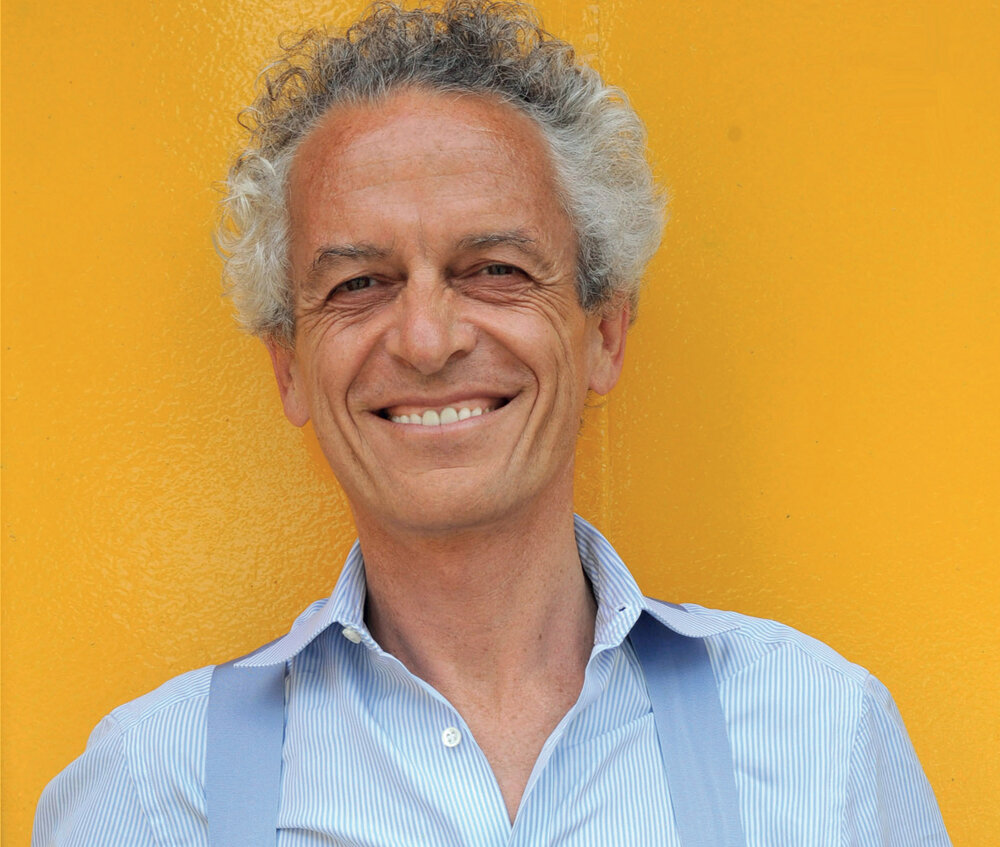“Journalism was my first job, and it’s really been my only job.”

Federico Rampini has had over four decades in journalism. He is the U.S. bureau chief of La Repubblica. His career began in 1977 and has taken him all over the world. “I’ve also been a writer, but to me, [journalism] is the same,” He added with a laugh, in his interview with the Foreing Press.
After dropping out of university, he began his work with a magazine affiliated with the Italian Communist Party. “At the time, the Communist Party was one of the biggest political parties [in Italy], so we were taken very seriously,” he explained.
Rampini spent several years in Paris, Brussels, China, and the U.S. for his career as a foreign correspondent. “I grew up in Brussels. My father worked with the secret service, so even though I was born in Italy, it was like a foreign country to me,” he explained.
Rampini recalled that his elementary education played a role in his skill set for foreign correspondence. “I was privileged. As a child I learned a couple of foreign languages, first French and then English,” Rampini explained. He continued, “It’s not just speaking foreign languages. My early education was at a European school in Brussels where I was exposed to a very different kind of curriculum … [my education] was not from a national perspective, but a global perspective.”
His education created a unique opportunity for Rampini to become a journalist that traveled across the globe. For the most difficult times in reporting, Rampini recalled his time in China. “I was a China correspondent from 2004 to 2009,” he stated. “That China was more open than today’s China.”
In his tenure as a China correspondent, Rampini covered events like the Beijing Olympic games, civil unrest, and regional turmoil across the country. With getting his foot in the door, Rampini credited his news assistant. “I would say that she was my number one assist, my news assistant,” he recalled fondly.
“She was very smart, very thoughtful, and very courageous,” Rampini explained. “She knew that we were going to have trouble with the [Chinese authorities], but she felt that it was her duty to provide me with the utmost possible access to information, to sources, and even traveling. She took more risk than me, and she was much more under pressure from local authorities than myself.” Even though Rampini currently lives and works in the U.S., his work still focuses on U.S. and Chinese relations.
Though the media portrays the rise of COVID-19 across the globe as a major stressor between the U.S. and China, Rampini explained that in his research, the pandemic has only accelerated already existing tensions. “The pandemic somehow increased the level of mistrust [between the U.S. and China],” he explained. “It also increased fears that globalization and depending on China was no longer strategic, and that it has become dangerous for national security reasons.”
He also noted that despite the theatrics of the Trump administration, he didn’t see the Biden administration making any major strides to rebuild the relationship between the U.S. and China. “I think that the Biden administration doesn’t really want to rebuild a relationship with China,” Rampini said. “There is a lot of continuity between Donald Trump and Joe Biden, at least on this field.”
He likened the rivalry between the U.S. and China to a second Cold War, but there will be less “melodrama” with the Biden administration versus the last four years with Donald Trump. Since the end of the Obama administration, Rampini notes that the Democratic party in the U.S. has started to become more wary of the Chinese government, so he doesn’t believe that President Biden will work to rebuild a positive relationship with China.
Though his most recent focus is on U.S.-China relations, Rampini emphasized that an understanding of global history made it possible for him to work effectively as a foreign correspondent. “In my work, I’ve seen several global revolutions, social revolutions, and cultural revolutions,” he recalled. “A knowledge of your country’s history is the key to understanding the stories you want to tell.”
Dana Nickel, AFC-USA News Associate with Federico Rampini, U.S. bureau chief of La Repubblica
Dana Nickel is a news associate of the Foreign Press. She was born in Connecticut and grew up in South Carolina. After high school, she moved to Fairfax, Virginia to attend George Mason University. Currently, Dana is a senior at George Mason University, studying communications with a concentration in journalism. Previously, she was an intern with The Globe Post, a media group based in Washington D.C that focuses on political and foreign policy news. She is also the former Co-Editor-in-Chief of Fourth Estate, George Mason University’s student newspaper. Currently, she is a senior staff writer for Fourth Estate.

